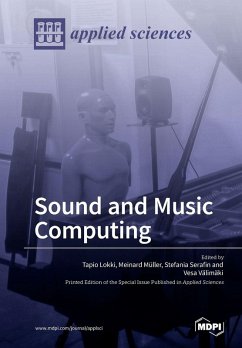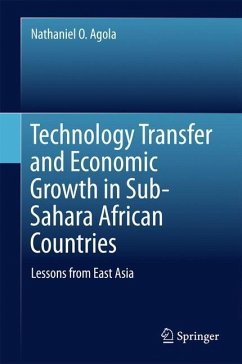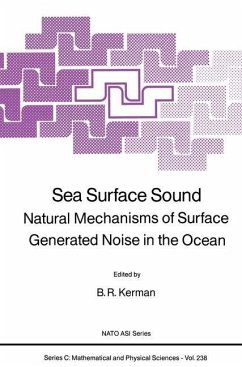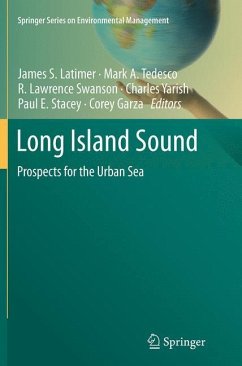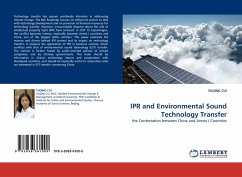
IPR and Environmental Sound Technology Transfer
the Contestation between China and Annex I Countries
Versandkostenfrei!
Versandfertig in 6-10 Tagen
32,99 €
inkl. MwSt.

PAYBACK Punkte
16 °P sammeln!
Technology transfer has gained worldwide attention in addressing climate change. The Bali Roadmap focuses on enhanced actions to deal with technology development and on provision of financial resources for technology transfer. However, irreconcilable disputes about the role of intellectual property right (IPR) have surfaced. In COP 15 Copenhagen, the conflict becomes intense, especially between Annex I countries and China, one of the biggest GHGs emitters. This paper examines the reasons and drivers behind IPR contest and its impact on technology transfer. It analyses the application of IPR in...
Technology transfer has gained worldwide attention in addressing climate change. The Bali Roadmap focuses on enhanced actions to deal with technology development and on provision of financial resources for technology transfer. However, irreconcilable disputes about the role of intellectual property right (IPR) have surfaced. In COP 15 Copenhagen, the conflict becomes intense, especially between Annex I countries and China, one of the biggest GHGs emitters. This paper examines the reasons and drivers behind IPR contest and its impact on technology transfer. It analyses the application of IPR in business context, which conflicts with that of environmental sound technology (EST) transfer. The contest is further fueled by profit-oriented policies of private companies and by Chinese governments. This book should be informative in China's technology import and cooperation with developed countries, and should be especially useful to researchers who are interested in EST transfer concerning China.





